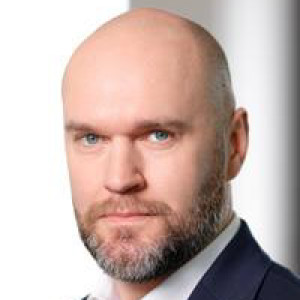
Krzysztof Senger
Member of the Board
Polish Investment and Trade Agency
Krzysztof Senger has over 12 years of experience in international business, as well as in investment finance and project management. He studied International Business at the Poznan University of Economics and acquired a doctoral degree at the Adam Mickiewicz University in Poznan, specialising in issues relating to economy and development policy. When working in consulting for The Big Four Companies (PwC, Deloitte), he assisted clients in building innovative strategies and business models, alongside helping them to enter and compete in global markets. In the public sector, Mr. Senger has gained experience in building and managing new finance and investments structures. In the course of his career, he was frequently responsible for affairs and relations with institutions at an international, central and local level. Simultaneously, in 2004-2013 he acted as an independent advisor, also working abroad, e.g. as an international expert in negotiations of free trade agreements with the EU (the DCFTA). He has participated in international projects related to innovation and R&D. Mr. Senger also has experience in coaching hundreds of students from around the world in the field of global aspects of business.
Professional career:
2016 - present: Polish Information and Foreign Investment Agency (now Polish Investment and Trade Agency), Vice-President
Managerial experience in international business gained at PwC Poland and Deloitte Poland (2013-2016) and as an Independent Advisor (2004-2013)
Managerial experience in the public sector gained at the Adam Mickiewicz University in Poznan (2004-2013)
Specialist education in the field of business and international relations:
Participates in the sessions:
-
Business factories, or middle-sized towns with great potential
They have the potential and human resources, but they lack, for instance, prestigious locations and high-quality education. Although medium-sized towns and the largest regional office markets in Poland are light years apart, the distance may shorten in the near future. How should smaller urban centres be supported in attracting new investment projects from the modern business services sector? In terms of accompanying infrastructure like cinemas, theatres or parks, can they compete with the largest centres? The role of the government’s Factory Programme.
